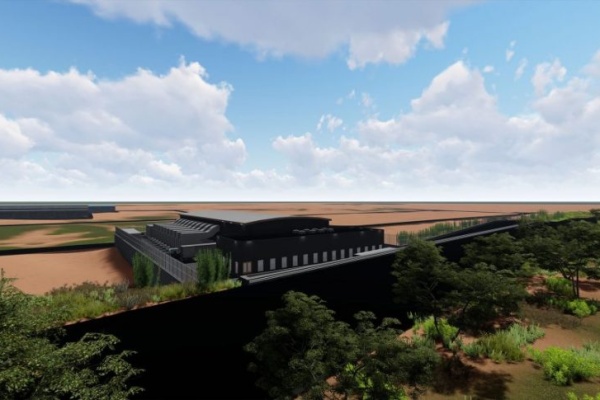First Brick Holdings, a US-based company, has announced that scoping is under way for a regional expansion in its planned $50m African data centre investments.
These investments are designed to boost the digitalisation of East and Southern Africa with the funding and creation of several data centres across the region.

First Brick Holdings is proceeding with an expansion of its data centre investments across East Africa with a focus on Ethiopia, Rwanda and Tanzania high on the list.
First Brick Holdings plans to complete its data centre investments in the region within the next three years, with five Tier III data centres due to be live by 2021.
These data centre investments will open up new opportunities for financial services, governments and small to medium enterprises (SMEs) by addressing their mission-critical need for data storage, business continuity and disaster recovery.
This builds on the success of its first investment in Uganda, Raxio Data Centre Ltd. Raxio has commenced construction of Uganda’s first state-of-the-art Tier III, carrier-neutral data centre in the Namanve Industrial and Business Park.
The data centre will be able to house up to 400 racks, delivering 1.5MW of IT power, upon completion in December 2019.
Robert Mullins, executive director at First Brick Holdings said, “Demand for data centre services in Africa is on the rise. This is being driven by improving connectivity levels, rising data traffic volumes and a growing demand for secure, stable operating environments for data traffic. Data centres are needed to serve a range of data-dependent services on the continent from cloud solutions to content delivery networks.”
“We’re delighted at how Raxio Data Centre is progressing, with customers and carriers signing up and construction proceeding at a rapid pace. By building the data centre infrastructure with the needs of local, regional and global customers in mind, we can underpin continued growth in the African digital economy and connect Africa to the global data economy.”


